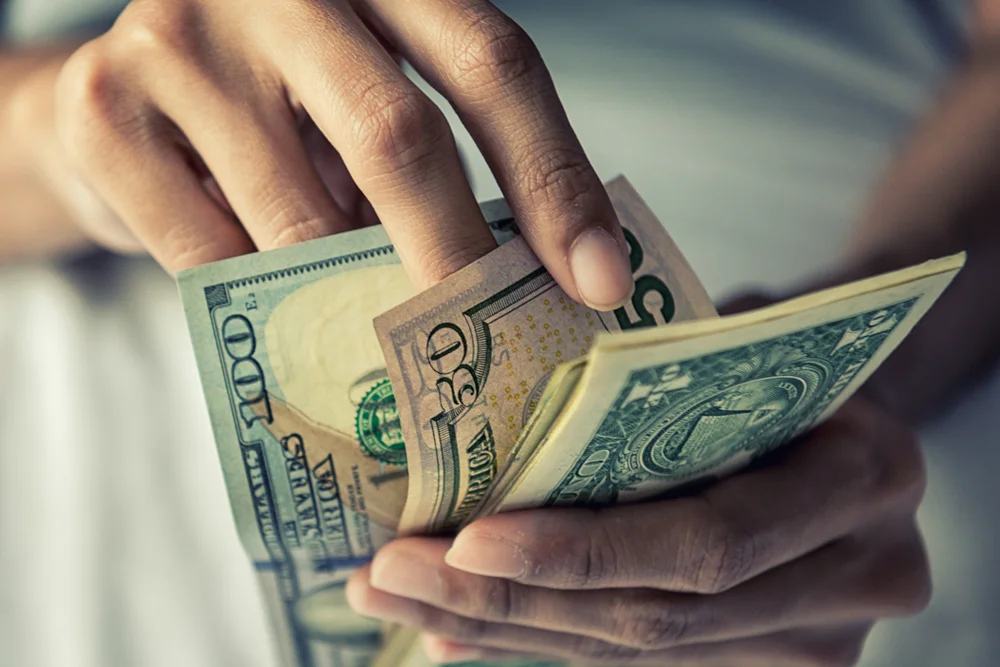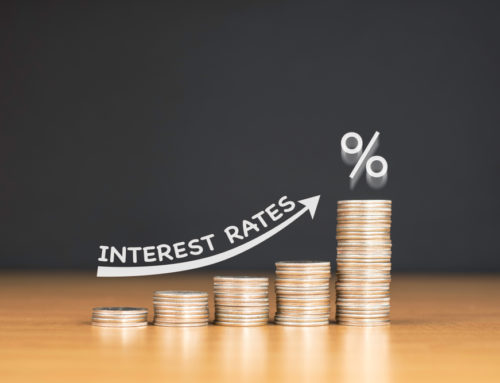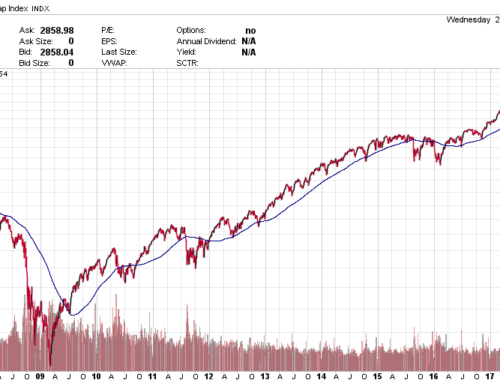
Picture a hypothetical economy with only 3 people in it: a car dealer, a building contractor, and an accountant. That’s it — there are only these 3 people and they can only buy/sell/trade with each other.
Every year, the building contractor goes to the dealership to purchase a new truck. Let’s say that one year, his business hasn’t been doing well and he doesn’t have a lot of extra funds. What kind of truck is he likely to purchase? More than likely, he’ll purchase a basic, stripped-down truck until his business picks up.
Because of this, the car dealer doesn’t have that strong of a year either and is feeling pinched financially. When he visits the accountant, the car dealer bemoans his situation and asks the accountant to go ‘easy’ on him when it comes to the final accounting bill.
Feeling some sympathy, the accountant discounts the car dealer’s tax prep bill by 15%. However, now the accountant doesn’t have a lot of extra funds and when it comes time to finish that dream kitchen remodel he and his wife have been planning on, how much do you think he’ll spend with the building contractor? You can see where this will lead.
Now, picture the opposite. The building contractor has a good year, so he buys a much nicer truck at the dealership. The dealer is feeling flush and instead of just having his taxes prepared as usual, he also hires the accountant to help him plan out his business expansion. The accountant, because of the additional work, is now thinking about remodeling the entire house instead of just the kitchen. The contractor is feeling good about things and heads back to the dealership for an upgrade.
You can see how this cycles/spirals in both directions. One man’s spending is another man’s income. When people are unsure about the future, they hoard their cash and sit on their hands. This reduces income to the next man, which likewise causes him to hoard cash and sit on his hands. This cycle repeats until the entire macro economy finds itself in a self-induced recession. Reduced spending leads to reduced demand, which leads to reduced income, which leads back to reduced spending, which leads to….
So, am I suggesting we all spend into oblivion? No. But what I am suggesting (and have been for years) is that the sensible way to a stable economy is for everyone to spend responsibly. Take your total income, save and invest 10-20% or whatever amount is needed to hit your long-term goals, and then go spend and enjoy the rest. You’ve earned it, now go enjoy it. Responsibly. You spending money on another’s goods and services provides income for them to purchase another’s good and services, which produces the income that eventually comes back to purchase your goods and services.
A rising tide lifts all boats. One man’s spending is another man’s income.
Enjoy your Labor Day weekend —


